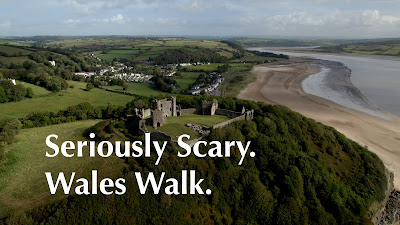Flares are not fireworks
Flares are not fireworks and we can’t always tell the difference at the coast
As we approach bonfire night, although things might be different this year, our message remains the same: we’d like to remind everyone that marine flares should only ever be used in distress situations and not for entertainment, so please don’t be tempted to use them as fireworks for bonfire night celebrations.If we receive an alert at or near the coast where a flare has been launched, we will always respond and won’t know the difference if you are using them as fireworks. This will tie up resources when it isn’t necessary, putting our rescue teams at unnecessary risk and potentially diverted from a legitimate emergency.
So please, do not use flares as fireworks as they can easily be mistaken as an emergency situation at or near the coast.
What is the difference between a flare and fireworks?
- Flares are typically red or orange and don’t last long – they are an internationally recognised distress signal
- Fireworks are typically colourful and often accompanied by a sound, leaving long smoke trails
Safe disposal of marine flares
For guidance on the safe disposal of marine flares click here.And remember please be safe around fireworks, respect your neighbours and the emergency services. Be COVID-19 safe and comply with local restrictions. For the latest up to date information.
 |
| Credit: Daniel Hawkes from Poole Coastguard Rescue Team (fireworks picture taken pre-covid) |


